Evaluating Breeders By Domanski Family Lofts
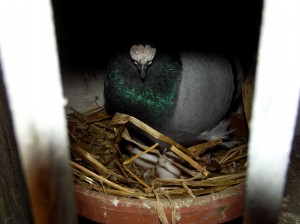 It’s easy to evaluate racers, they either, win, diploma, score in the points, are also ran’s or get lost. Breeders are an entirely different matter, In order to properly evaluate them, you have to keep accurate breeding records, you must have a breeding strategy and you have to be willing to be critical. You have to look beyond a pedigree. A pedigree is merely a record of ancestry. There also is always the chance that infidelity occurred somewhere in the pedigree undetected and certainly not deliberate. What matters with a breeder is results. Think of the stock loft as a choke point in the evolution of your family. This is where the standard must be set.
It’s easy to evaluate racers, they either, win, diploma, score in the points, are also ran’s or get lost. Breeders are an entirely different matter, In order to properly evaluate them, you have to keep accurate breeding records, you must have a breeding strategy and you have to be willing to be critical. You have to look beyond a pedigree. A pedigree is merely a record of ancestry. There also is always the chance that infidelity occurred somewhere in the pedigree undetected and certainly not deliberate. What matters with a breeder is results. Think of the stock loft as a choke point in the evolution of your family. This is where the standard must be set.
My friend, Chuck Hennessey once said “A pedigree is only worth the paper it is printed on.” In that conversation, we were talking about a breeder he had given me. I was unable to produce anything of value out of the bird. It had an absolutely beautiful pedigree going back six generations. I didn’t want to insult Chuck since I had received the pigeon from him, but I was being honest in my results. That single statement, from an experienced fancier, mentor and friend, has sat in my mind ever since. Forget all about pedigrees when evaluating breeders. Pedigrees are only valuable when evaluating a purchase or deciding pairings based on a breeding strategy that requires knowing relationships between birds. Performance of offspring is the primary and most important factor in evaluating breeders.
Things to Consider
1. Breeders have two sets of genes, those that are expressed and those that are dormant or recessive. They pass 1/2 of these to their offspring whom also receive 1/2 from their other parent. A gene that may be recessive in the phenotype of the breeder may be expressed in the offspring. Also some positive traits in the breeder may be expressed but recessive and not expressed in the offspring, though genetically still present in the offspring’s genotype.
2. Have you produced offspring with this breeder from more than one mate? It is best to produce offspring from several different mates before evaluating their worth. Best of all is to test a breeder on proven mates before making this decision.
3. How many young have you produced? It’s hard to make a decision based off of one round or one season of young birds. If you mate a bird to three different mates and breed two rounds a season, you would have 12 youngsters from which to evaluate a breeder. If you keep accurate records, you will know, how many were culled or lost, and what was the highest quality produced.
4. Quality is worth more than quantity. A breeder that produces one champion out of 12 young is far superior than a breeder that produces 8 good racers out of 12 young. The highest quality achieved is more important that the number of birds out of those hatched that make it to the old bird team.
5. Pedigree is irrelevant
Hard Facts to Swallow
1. Pedigrees are not always accurate and are not part of the equation in evaluating a breeder. “A pedigree is only worth the paper it is written on.”
2. Like does not always beget like. A champion performer is not always capable of producing another champion. Blame it on the genetics.
3. Do to genetics and our limited ability to observe only the phenotype… breeding will always be an art, never a hard and fast science.
4. Deleterious genes do exist dormant in champion birds. If you in-breed, line breed, or breed loosely related birds, you may get results that are less than the standard. DO NOT FREAK OUT!!! In-breeding and line breeding strategies are designed to reveal recessive deleterious genes, so that those specimens can be eliminated. It does not mean that your stock is “tainted”. You could out cross for numerous generations and pass on an undesirable gene for decades and never know it.
5. The money spent on a breeder does not determine its value. A $1000 purchase could be out shined by a $25 purchase if the genes are right and the pairings are complimentary.
Create a System and Standard
Once again, there are no hard and fast rules. Set a standard of what you expect out of your stock loft and stick religiously to it. Any breeder that can not produce to your standard after you have given a reasonable effort should be removed. Have a system for continually replacing your breeding stock. If you purchased 10 breeders and bred for them for 8 years, you would find yourself in the position of replacing an entire stock loft at one time. Continually replace the poorer performers with new candidates. If you employ a breeding strategy, this becomes a rule and standard of practice. Set a standard and create a system and follow it. You can not reach your goals unless you have a plan to get there.
Evaluating Breeders By Domanski Family Lofts

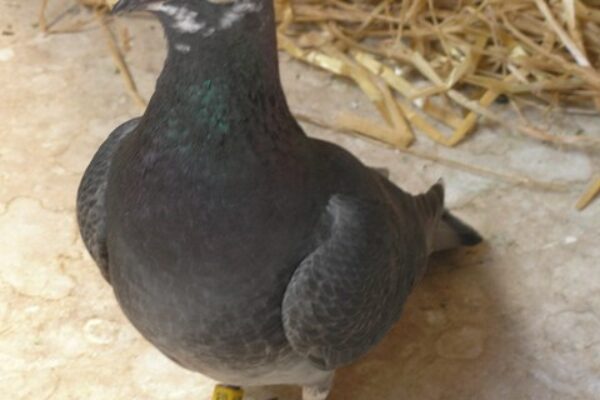

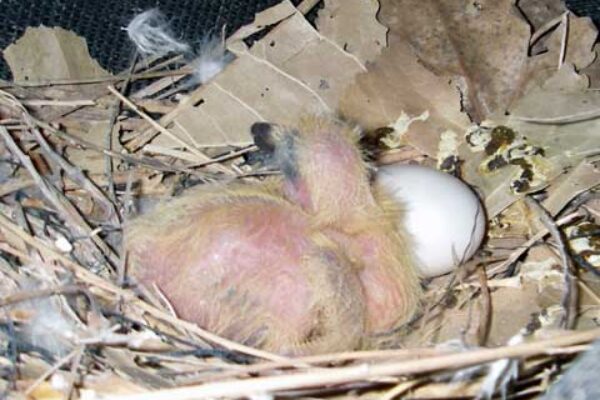
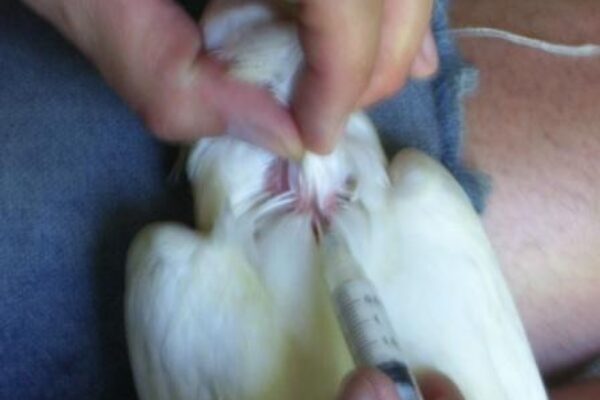


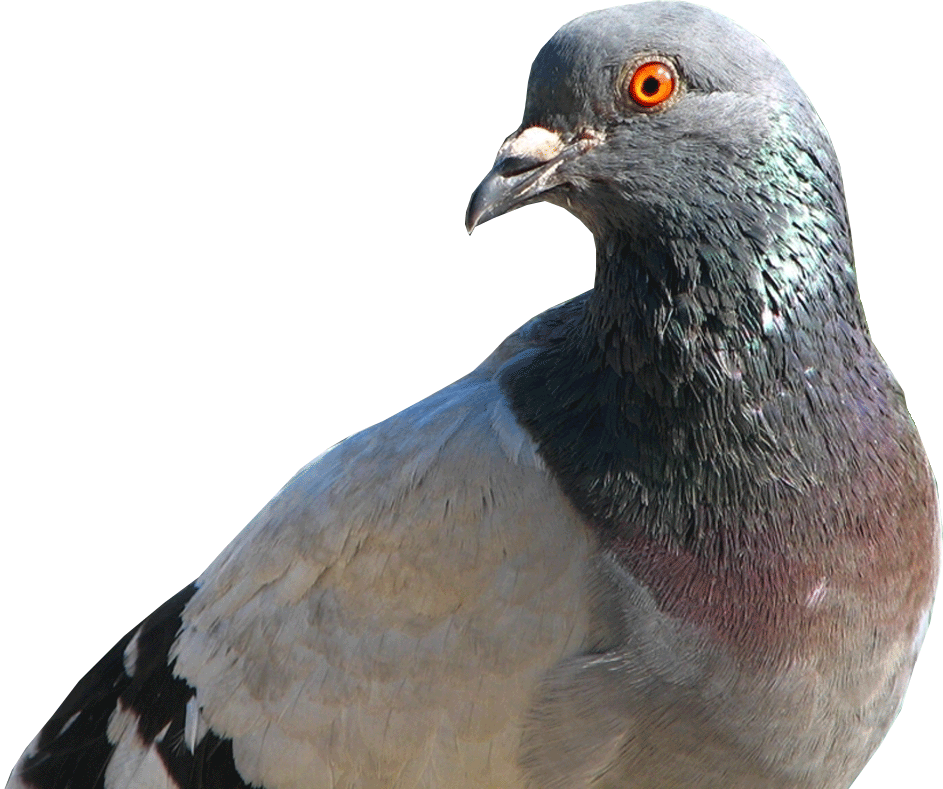

I agree that breeding from your stock pigeons can take years.It took me around 9-10 years to see results of some of my racers. I think most experienced fanciers would design a breeding loft with 3,4,5 or 6 compartments where the fancier can pair up his pigeons.
I love tips numbers 3 and 4. I think they are extremely important. I also think knowing exactly how different breeding systems work as well. Good article.
Can you imagine this statement: The entire written history of human kind isn’t worth the paper its written on?
A pedigree is an abbreviated written document of the origin of a racing pigeon. It is in fact a chronological history. And, like the history of anything, it informs one of what went before in order to more fully realize the potential of what could be in the future. If you don’t know the origin, you don’t know what caused the racing pigeon to develop. And if you don’t know what caused the racing pigeon to develop, you are disengaged from both the cause and the reason.
The pedigrees that are most interesting are those of pigeons that are race winners, breeders of winners, or both. Although a pedigree is to some extent abbreviated, at any point along the lineage, a specific bird or pairing by a breeder can be exploded and researched endlessly if need be. Try Goggling the band number of any well known race pigeon and you’ll get some idea of what I mean.
As to the $25 pigeon versus the $1000 pigeon – If you are one that bought a $25 pigeon and produced a world class pigeon from it, than count yourself among dreamers or the very, very, very, very few if any.
Although champion pigeons rarely breed champions, the odds favor the champion pigeon whose history or pedigree reflects a convincing line of champions. You choose.
I think i’m on the right track with my experience racing gamecock…i;ve kept all breeding records of my birds stocks/offspring since joining pigeon club.I’ve given myself 10 yrs to be a successfull pigeon fancier..right now,my birds offspring are performing well in every race/derby they are in to.Almost win the South Derby if not for some unseen tragedy(trappers,hunters).Damn those people.
I’m now breeding the parents of that bird for future stock…
super article and easy to understand